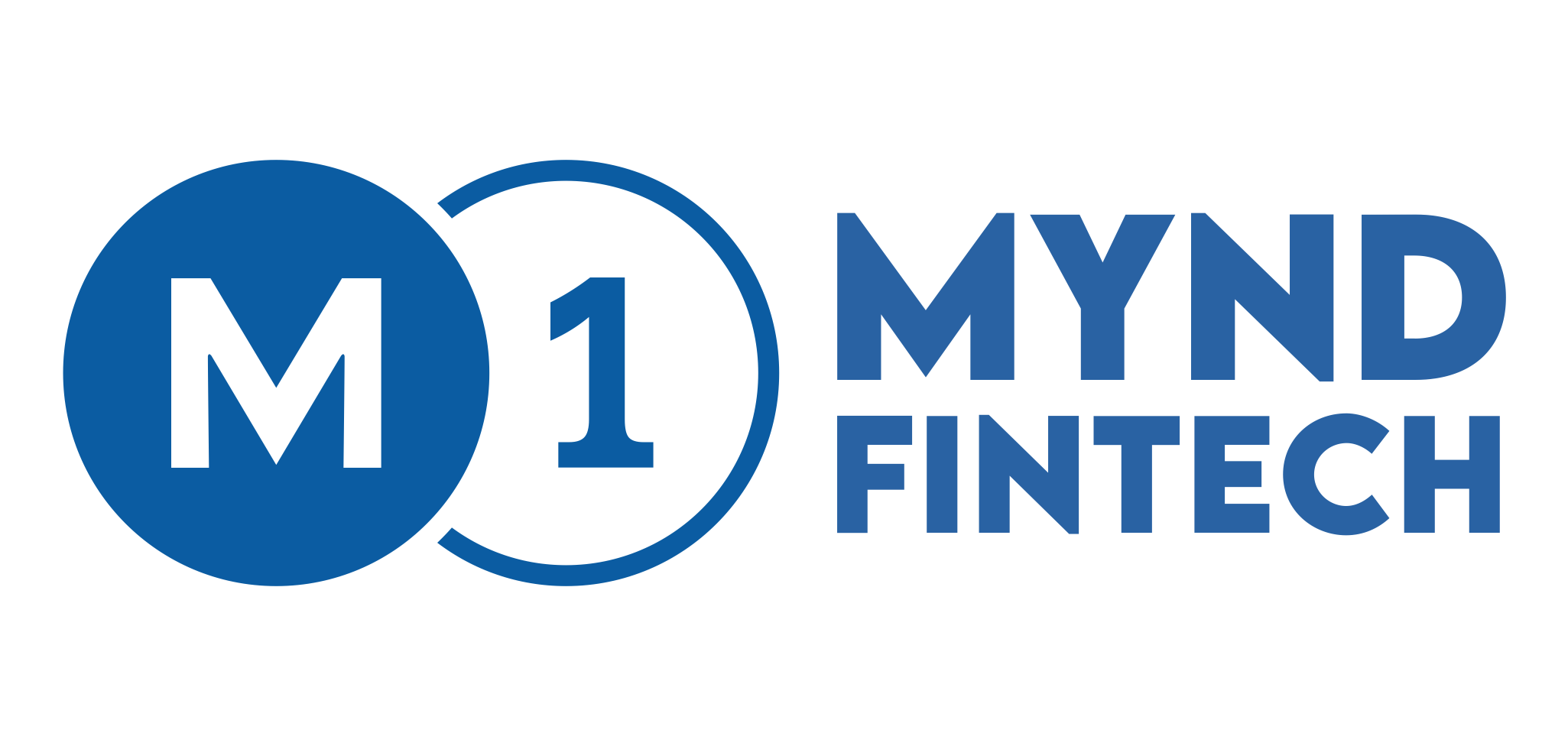Invoice Discounting
Invoice discounting is a financing solution that offers businesses a way to unlock the value of their outstanding invoices. Unlike traditional invoice factoring where the invoices are sold to a third-party, invoice discounting allows businesses to retain control over their sales ledger.
Here’s how it works: A business with unpaid invoices can approach an invoice discounting provider who will advance a percentage of the invoice value, typically around 80% to 90%. The business retains the responsibility of collecting payments from their customers. Once the customers pay the invoices, the remaining amount (minus fees) is released to the business.
Invoice discounting provides businesses with immediate access to cash flow, helping to bridge the gap between invoice issuance and payment. It offers greater flexibility and control over the collections process, allowing businesses to maintain their customer relationships. Additionally, as the funding is not disclosed to customers, businesses can continue to manage their own credit control and collections.
Overall, invoice discounting is a valuable financial tool that enables businesses to optimize cash flow, meet financial obligations, and drive growth.
Types of invoice discounting
Selective Invoice Discounting
Selective invoice discounting is a financing approach where businesses have the flexibility to choose specific invoices for funding instead of financing their entire sales ledger. Instead of committing to an ongoing agreement, businesses can selectively pick invoices with longer payment terms or higher value and receive immediate cash for those specific invoices. This allows businesses to address short-term cash flow needs without having to finance their entire invoice portfolio. Selective invoice discounting offers greater control and customization in managing cash flow and can be a suitable option for businesses with sporadic or seasonal invoicing patterns.
Confidential Invoice Discounting
Confidential invoice discounting is a type of financing where businesses can access funds against their outstanding invoices while keeping the arrangement confidential from their customers. Unlike traditional invoice discounting, where the discounting provider handles the collections and credit control, in confidential invoice discounting, the business retains control over these functions. This allows businesses to maintain their customer relationships and preserve their own credit control processes. Confidential invoice discounting offers businesses the benefits of improved cash flow without disclosing the involvement of a third-party finance provider, offering a discreet financing solution.
Disclosed invoice discounting
It is a financing arrangement where a business sells its unpaid invoices to a finance company, with the knowledge and agreement of its customers. The business informs its customers about the involvement of the finance company for collections and payment processing. When the customers pay the invoices, the funds go directly to the finance company, which deducts its fees and advances the remaining amount to the business. This type of discounting allows for a transparent relationship between the business, the finance company, and the customers, as all parties are aware of the financing arrangement.
Invoice Discounting vs. Factoring: Key Differences and Benefits
Invoice discounting and factoring are both financing options that allow businesses to access funds against their outstanding invoices. While they share similarities, there are key differences between the two. Here’s a breakdown of their differences and benefits:
Invoice Discounting:
- Control: With invoice discounting, businesses retain control over their sales ledger, credit control, and customer relationships.
- Confidentiality: Invoice discounting can be kept confidential, as the financing arrangement is undisclosed to customers.
- Collections: Businesses are responsible for collecting payments from customers and managing credit control processes.
- Flexibility: Invoice discounting offers businesses the flexibility to choose which invoices to finance, depending on their immediate cash flow needs.
- Lower Costs: Compared to factoring, invoice discounting typically involves lower fees, as businesses assume a higher level of responsibility.
Factoring:
- Outsourced Credit Control: With factoring, the factoring company handles credit control, collections, and manages the sales ledger on behalf of the business.
- Immediate Cash Flow: Factoring provides businesses with immediate access to cash, as they receive an upfront payment of a percentage (usually 80-90%) of the invoice value.
- Bad Debt Protection: Factoring companies may offer bad debt protection, safeguarding businesses against customer defaults or non-payment.
- Creditworthiness: Factoring is often available to businesses with weaker credit profiles, as the focus is on the creditworthiness of their customers.
- Comprehensive Financing Solution: Factoring provides a comprehensive financing solution that includes funding, credit control, and collections, freeing up time and resources for businesses.
Both invoice discounting and factoring can help businesses improve cash flow, manage working capital, and fund their growth. The choice between the two depends on factors such as the level of control desired, the need for credit control assistance, and the cost considerations for the business.
Factors to Consider When Selecting the Right Type of Invoice Discounting
- Cash Flow Needs: Assess your immediate and ongoing cash flow requirements to determine if you need selective, whole turnover, or spot invoice discounting.
- Control and Confidentiality: Consider whether you want to retain control over credit control and customer relationships or prefer a confidential arrangement.
- Cost and Fees: Compare the fees associated with different types of discounting and evaluate their impact on your profitability.
- Credit Control Capability: Evaluate your credit control processes and determine if you require assistance or prefer to manage it in-house.
- Business Seasonality: Take into account the seasonality of your business and the impact on invoicing patterns when choosing between different discounting options.
- International Trade: If you engage in international trade, consider the benefits of export invoice discounting to address specific cash flow challenges associated with overseas transactions.
- Long-Term Commitment: Determine if your business requires ongoing or short-term financing solutions and select the type of discounting accordingly.
By considering these factors, you can make an informed decision and choose the right type of invoice discounting that aligns with your business needs and goals.

